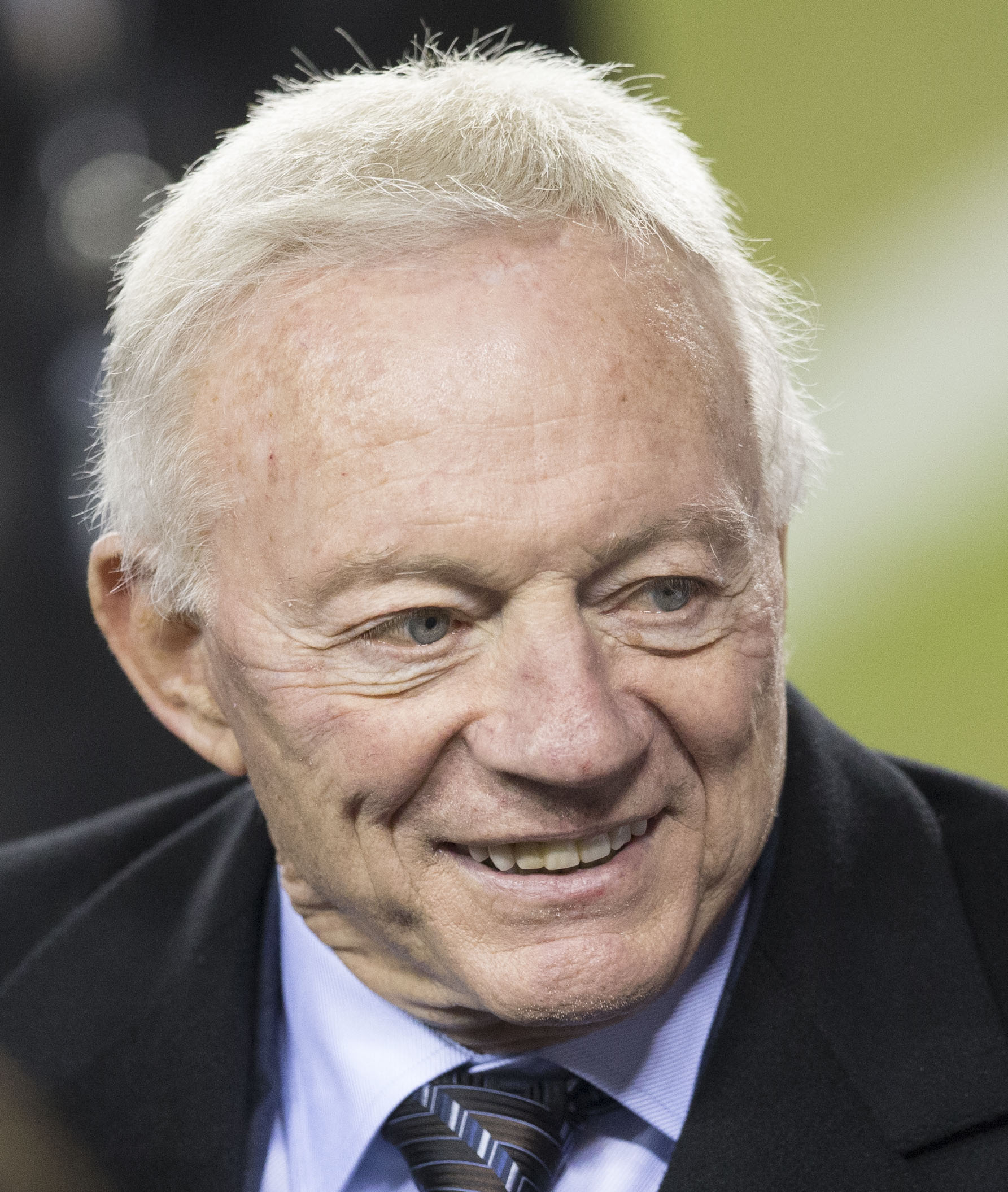Jerry Jones: Objection to Goodell deal not about Elliott ban

The owner of the Dallas Cowboys, Jerry Jones, "said with his lord, as it is in the extension of the NFL Roger Goodell, but that he does not come from contract with an Ezequiel to the commissioner was E. Elliott in the suspension of the six parties of the alleged domestic violence.
Jones said on his radio show on Friday that he wants the 32 owners to have the opportunity to approve the agreement negotiated between Goodell and the compensation committee that includes six owners. Jones is not on the committee.
The NFL said the owners have already voted unanimously to extend the Goodell contract and allow the committee to close the deal. Jones said the circumstances have changed since the May vote, including escalating protests against the social injustice that has affected the national anthem.
Jones also said that "behavior policies" have been a problem since May. Goodell suspended Elliott in August.
Jones, who was inducted into the Professional Football Hall of Fame in August, did not deny that he had threatened to sue the NFL if Goodell's contract was extended.
He suggested that he disagreed with the president of the compensation committee, the owner of the Atlanta Falcons, Arthur Blank. Jones said he does not agree with Blank's statement that the compensation committee can complete the deal without another vote from all the owners.
Jones spoke a day after a federal appeals court on Thursday rejected Elliott's offer to keep his six-game suspension pending, making him ineligible to play Atlanta on Sunday.
"I really strongly disagree that we should not have him on the field," Jones said. "But a lot of people are trying to link it frankly with the issue of my position on the president and the renewal of the commissioner, that's really not right."
Jones, 75, said the compensation committee could placate him by allowing the remaining owners to review and approve the final contract with Goodell.
"I think that from the moment we approached Roger's extension, I think we've had several adverse material conditions," Jones said. "Basically we should honor those conditions, such as the anthem, such as behavior policies.
"It is a well-known and accepted principle that in a negotiation if material consequences occur, that it reviews the situation, we certainly have things that we have to discuss that were not on the table last spring."
Goodell suspended Elliott after a year-long investigation by the league after prosecutors in Ohio refused to continue the case of domestic violence, citing conflicting evidence.
During his NFL appeal on punishment, Elliott denied under oath that he had had physical altercations in the summer of 2016 with Tiffany Thompson, his girlfriend at the time. The NFL said there were three incidents in five days.
Jones said his relationship with Goodell, and matters related to his compensation, are deeper than his recent concern about handling the league's Elliott case.
"I've been dealing with this commissioner for almost 28 years, as an NFL employee," Jones said. "Zeke has been involved here for a year, a year and a half.The policy we have that has impacted Zeke is more of my problem with the commissioner, rather than the particular circumstance of Zeke."
The theme of the anthem was lit after President Donald Trump criticized the kneeling players, and again when Jones declared that he was going to play with any player who felt disrespectful to the flag. The NFL has not changed a guide that encourages but does not require players to stand up during the anthem.
"This is simply to make sure that all clubs have input not only on what the commissioner, his extension, but also in future years, his decisions," said Jones. "We've given him a lot of power, I think we need the checks and balances of ownership to really be in a position not only to suggest but to approve their decisions."
Comments
Post a Comment